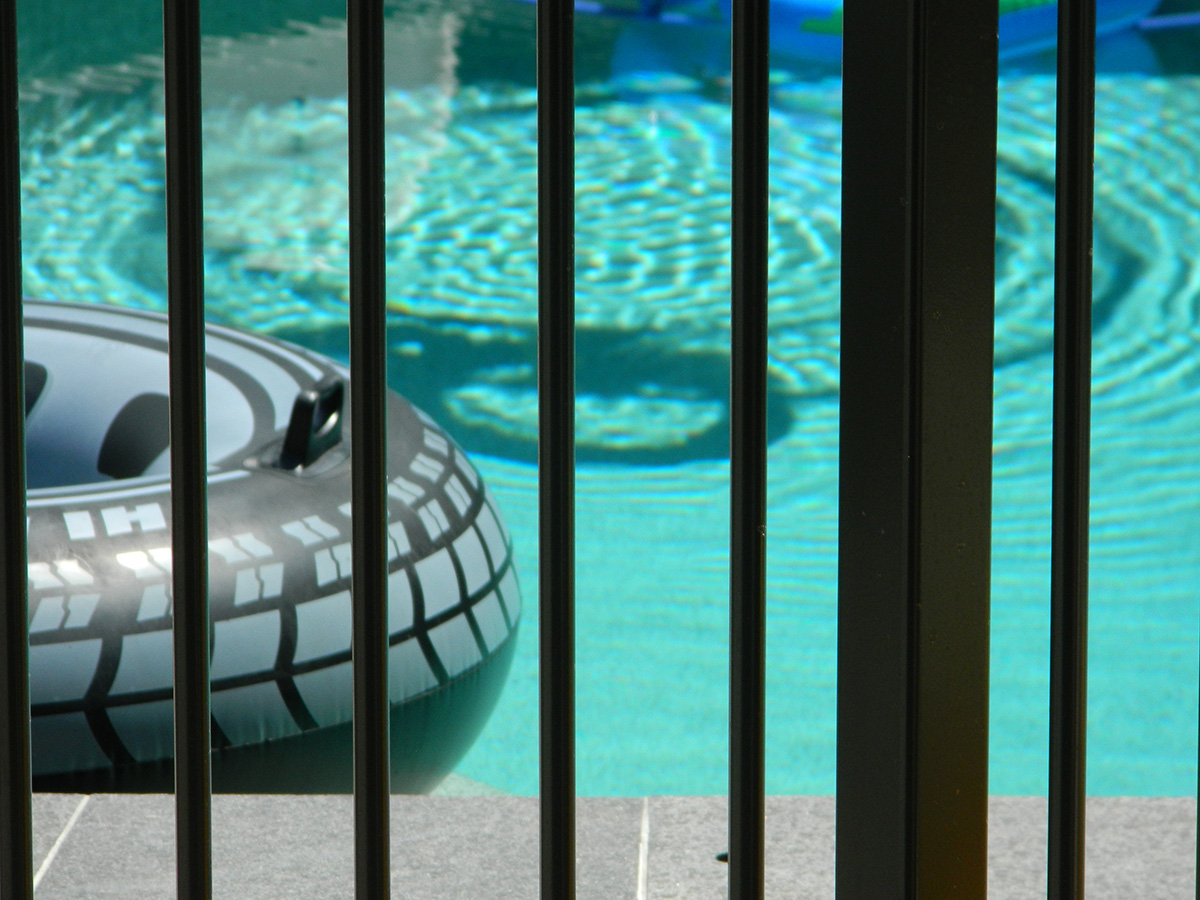
16 Feb Ensuring Safety and Compliance: Navigating Florida’s Pool Safety Laws for Private Pools
Florida’s year-round sunshine and warm climate make swimming pools a popular addition to many homes, providing a refreshing escape from the heat and a hub for family and friends to gather. However, with the luxury of owning a private pool comes the responsibility of ensuring it is safe and compliant with Florida’s stringent pool safety laws. Understanding and adhering to these regulations is crucial not only for the safety of your loved ones but also to avoid legal repercussions.
In response to the high incidence of drownings and near-drownings, particularly among children, Florida enacted comprehensive pool safety legislation, known as the Residential Swimming Pool Safety Act (Chapter 515 of the Florida Statutes). This law mandates specific safety features for all new residential swimming pools, spas, and hot tubs to prevent accidental drownings.
Key Safety Requirements
- Barrier Requirements: All private pools must be enclosed by a barrier at least 4 feet high with no gaps or openings that a small child could squeeze through. The barrier must surround the pool, separating it from the residence and any adjacent properties.
- Gate Specifications: Gates must be self-closing and self-latching, with latches placed high enough to be out of reach of young children. Gates should open outward, away from the pool area, to prevent easy access.
- Door Alarms: Any doors leading from the residence to the pool area must be equipped with alarms that sound upon unauthorized entry, alerting adults to potential unsupervised access to the pool.
- Pool Covers: Approved safety pool covers can be used as an additional layer of protection, provided they meet the standards set forth by the state.
- Drain Covers: All pools must have anti-entrapment drain covers to prevent injuries caused by the suction of pool and spa drains.
- Swimming Pool Alarms: Installing a pool alarm that sounds upon detecting accidental or unauthorized entry into the water can provide an additional safety measure.
The Importance of Compliance
Non-compliance with these regulations can result in significant penalties, including fines and legal actions, particularly if a drowning or near-drowning incident occurs due to the lack of mandated safety features. More importantly, adhering to these laws significantly reduces the risk of tragic accidents, ensuring that your pool remains a source of joy and relaxation rather than a potential hazard.
Pool Safety Beyond Legal Requirements
While compliance with state laws is essential, pool safety doesn’t stop there. Regular maintenance checks, supervision, and educating your family and guests about safe pool practices are equally important in preventing accidents. Consider enrolling non-swimmers in accredited swimming lessons and learning CPR as additional safety measures.
Owning a pool in Florida is a luxury that comes with the responsibility of ensuring it is a safe environment for everyone. By adhering to Florida’s pool safety laws and taking additional precautionary measures, you can enjoy the benefits of your private oasis while keeping your loved ones safe. Remember, pool safety is a continuous commitment that extends beyond legal compliance, encompassing regular maintenance, supervision, and education on safe pool practices.
For detailed information on the Residential Swimming Pool Safety Act, you can refer to Chapter 515 of the Florida Statutes directly through the official Florida Senate website.



